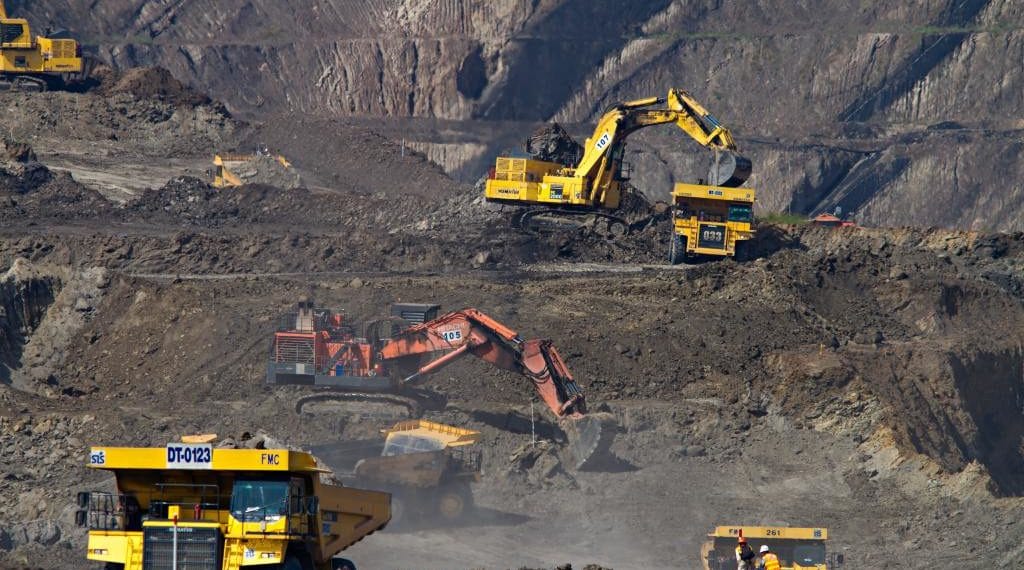Global development policy issues of the current time encompass issues of climate change and its allied issues. Thus, stakeholders in government institutions, civil society, business, development organisations, investors and researchers are making attempts to deepen the understanding, action and response to the climate crisis. The mining sector tends to be a key contributor to Africa’s development and their actions on climate response is key.
A team of researchers are working on a book chapter which is being edited by Dr Victoria Nalule, a Research Fellow at Dundee University and the CEO of Nalule Energy & Mining Consultants. The title of the book is “Mining Regulations and Governance in Africa: Current Problems and Future Prospects”.
King Carl Tornam Duho, the Technical Director of Accra-based research and management consulting firm, Dataking Consulting, is one of the chapter contributors. He is also a research consultant with IMANI Centre for Policy and Education, one of Africa’s finest policy Think Tanks. King Carl is a Chartered Management Accountant and has published recent studies on the extractive industries of Africa, with 2 articles published in Cambridge University’s Journal of Financial Crime. He researches on the interrelationship between accounting, finance and economics. Climate change practice in business and finance is one of his critical foci of research and his book chapter titled, “Climate Change Reporting among Mining Firms in Africa: Practice, Theory and Policy” is one of the products.
In a Webinar which was streamed live on YouTube to discuss the synopsis of the book chapter with the Editor, King Carl highlighted the important role of climate change in Africa and specifically in the mining sector. He notes that there are planetary boundaries that need to be considered which climate change is one of and the role of business in reducing greenhouse gas emission is key. He notes that his chapter highlights the current state of climate reporting and explore the determinants of reporting practices among mining firms.
He argues that the Grantham Research Institute on Climate Change notes that there is a total of about 2096 climate laws and policies globally, 425 in Africa and 384 in Sub-Saharan Africa. He notes how only a few of them are laws while the majority are policies showing weak legislative sanction on climate issues. He expresses worry about how political manifestoes in Africa do not capture enough climate adaptation and mitigation issues.

He notes that a problem regarding climate reporting in mining firms is the multiplicity of climate disclosure standards which results in inconsistencies and a lack of harmonization. He mentions how institutions like the Global Reporting Initiative (GRI), International Integrated Reporting Council (IIRC), Climate Disclosure Standards Board (CDSB), Sustainability Accounting Standards Board (SASB) and the Task Force on Climate-related Financial Disclosures (TCFD) are making so many strides. He points out a future with a much more standardized reporting practice with international players like the IFRS Foundation.
King notes that the chapter also explores the determinants of climate change disclosure among the mining firms. He indicated that based on empirical results, large board size and board independence enhance climate disclosure among the firms which is pointing towards the relevance of corporate governance best practices. Again, large firms and firms that are signatories to the United Nations Global Compact (UNGC) tend to disclose more. Moreover, the human development of countries which is the function of the level of education and health drives the disclosure on climate change issues. The chapter also highlights that countries perceived to be less corrupt tend to have mining firms that disclosu more on climate change.
King believes that although larger mining firms may tend to be reporting more on climate change because of their access to the financial capital, expertise and interest in using it to build their reputation, the small-scale mining firms should also be deeply involved in contributing to climate action. He expresses worry about how the concept of greenwashing may make firms to report while they are not actually reducing their greenhouse gas footprint. He believes a multi-stakeholder action is needed involving the corporate boards, C-suite executives, the investor communities, governments, practitioners, civil society, policymakers and the communities, among others.
One of the participants, Adams Abdulai Aziz asks what are the chapter contributor’s take on issues regarding challenges in measuring climate change empirically and issues of data access and availability. King Carl bemoans, “For Africa, data is a key issue [and] we keep having challenges with that, so data availability is key. For even the [mining] firms, being able to report on climate change [requires] having to do computations, bring people. [Ask questions about] what is your greenhouse gas emissions? What are the predictions, what are the simulations and all of that?”. He notes that the data issue is key and the expertise to handle the data for Africans leave so much to be explored. The chapter is forthcoming and will be published with an international publisher in the coming months.
READ ALSO: Ghana’s commitment to ending routine Gas flaring by 2030 in view?




















